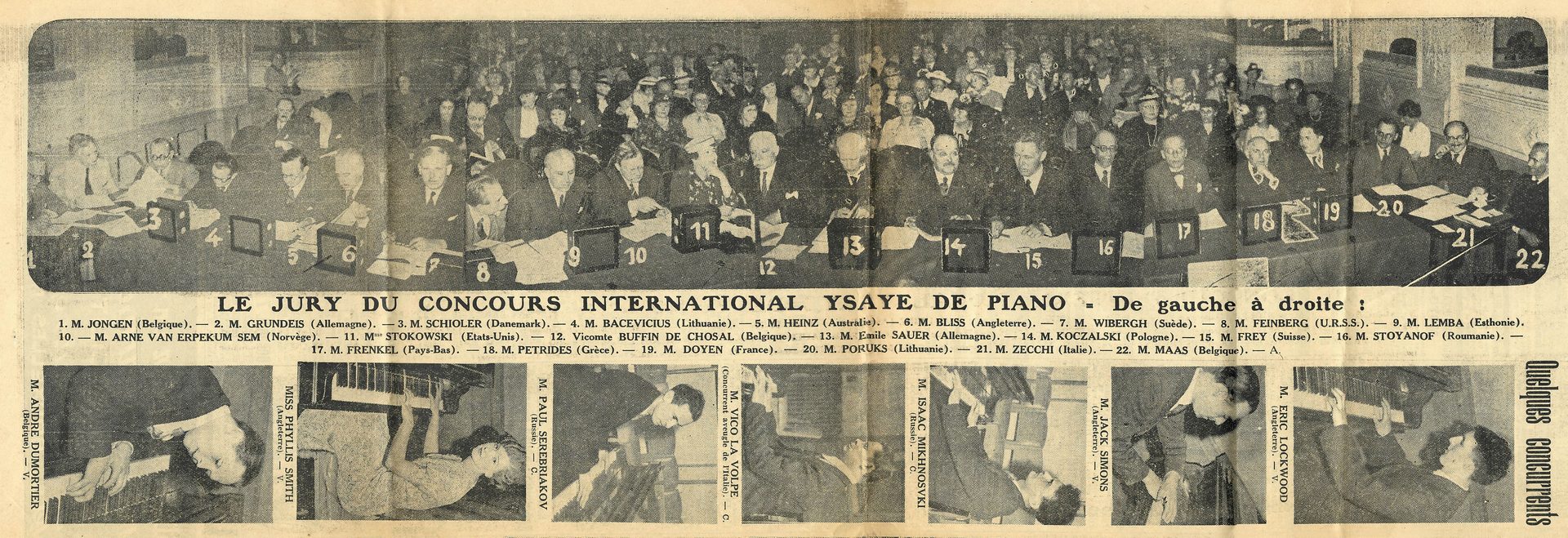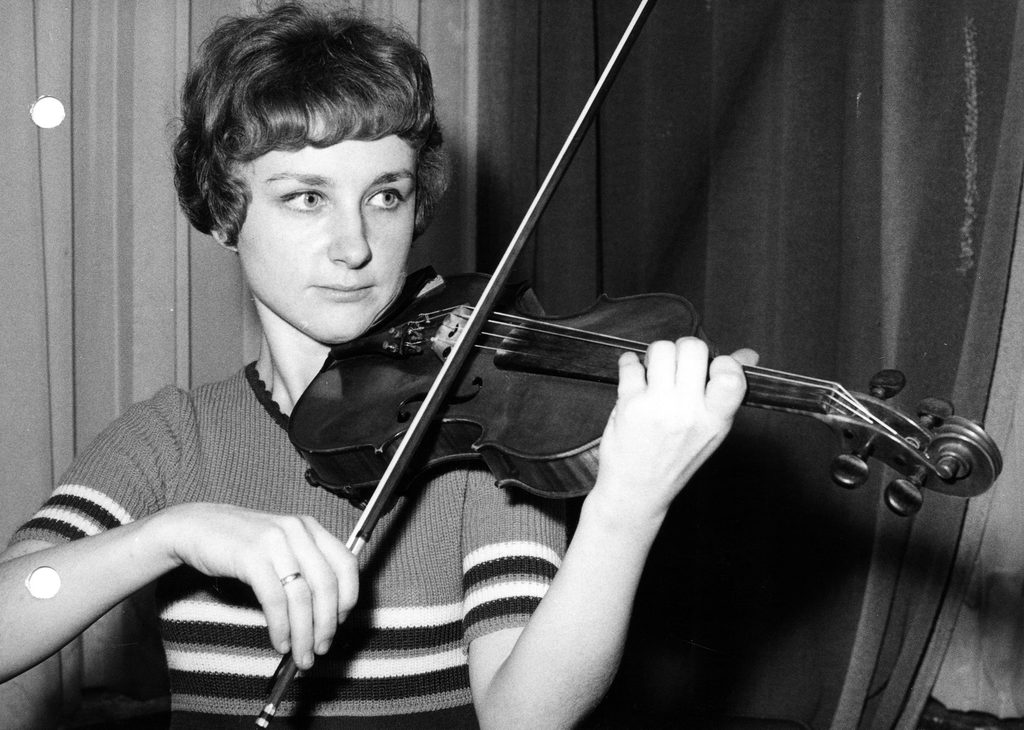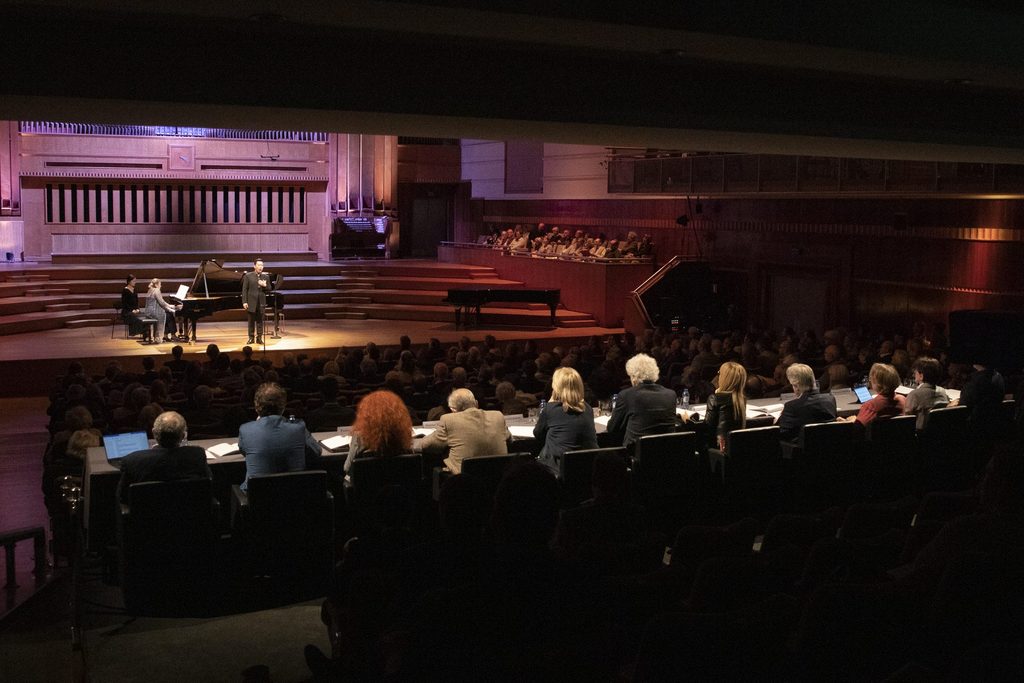The Queen Elisabeth Competition has become a fixture in the Belgian cultural and media calendar, putting classical violinists, pianists, singers and cellists in the spotlight with culture sections full of reports of each step in the competition's progress.
But with this year's edition of the international contest for musicians starting their careers again occupying billboards and news reports, many who live in Belgium might be wondering what the competition is all about and why it garners such attention.
To find out, we spoke to Nicolas Dernoncourt – Secretary General of the Concours Reine Elisabeth – who explained the event's prestige and popularity.
Royal patronage
“To explain the competition’s popularity, we must look at its background,” Dernoncourt told the Brussels Times. “The competition is long established and was created by Queen Elisabeth (1909–1934). She was a patroness of the arts and a good friend of Eugène Ysaÿe, a Belgian concert violinist who wanted to set up an international music competition for young virtuosi showcasing their skill. However, Ysaÿe died before he could do so, prompting Queen Elizabeth set up the competition in his memory in 1937.”
“Queen Elizabeth was very supportive and active in the arts in Belgium, launching numerous cultural events and founding the Queen Elisabeth Music Chapel in Waterloo, a school to help those who wish to pursue a career in music. She was also instrumental in the foundation of Bozar – the Centre for Fine Arts in Brussels.”
“It was her dream to help young musicians launch their careers, to help them reach an audience. This is what we strive to achieve with the competition."

An announcement in La Dernière Heure for the 1938 competition, featuring an international board of judges. Credit: Queen Elisabeth Competition
“In terms of popularity, we can thank the media for this in great part,” Dernoncourt says. “From the beginning, the competition was broadcast on radio, and then shown on television from the 1960s onwards. It became an institution, a tradition for many people in Belgium to listen to or watch."
"Even now, we have figures that suggest that 10% of the Belgian population follows the competition every year... it has become part of our society with many of the candidates staying in host families during the competition, which is very important because this creates a sense of community. It's a big, big family.”
A national pride
“Everybody in the country knows someone who's hosted a candidate, and many of them eventually settle in Brussels after the competition or at least keep in close contact with their host families. There are jury members now, some 30 years after winning the competition themselves, who still stay with their host families during the competition.”

Marjeta Delcourte-Korosec, Belgium's candidate for the 1967 competition. BELGA PHOTO ARCHIVES
“But the competition is not just big in Belgium, it is an internationally renowned contest which has a huge aura around the world, especially in the arts and culture sphere,” he adds.
For those who win in their categories each year, the competition organisers use these international contacts and links to secure positions for the musicians in concert halls and opera houses around the world.
Related News
- Belgium excels: Four cities ranked in Europe's top 100
- What to do in Brussels this weekend: 26 - 28 May
“It’s not just about the prize money,” says Dernoncourt. “The musicians perform in front of renowned jurors who can open important doors for them. Thanks to the media, they are also performing for promoters and artistic directors around the world, some of which already make offers to them before even hearing them due to the prestigious nature of being in the competition." "
We try to get placements for all the competitors, and often do, with first prize winners securing residencies of two years in some cases on the back of their success in the Concours.”

